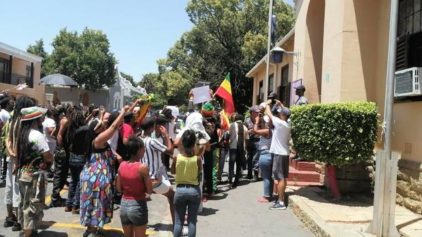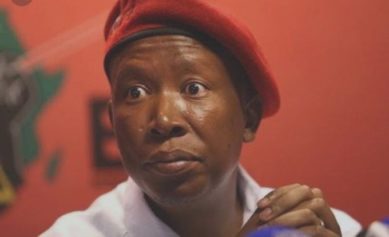
It is this economic freedom that continues to elude many in post-apartheid South Africa. The fruits of economic prosperity have not necessarily trickled down to the broader population.
South Africa is ranked among the top five unequal countries globally with a Gini-co-efficient of 0.63. This is high. The index measures income distribution in households, with 0 representing perfect equality and 1 perfect inequality.
Using the Palma index, which measures the distribution of income ratio between the richest 10% and poorest 40%, South Africa is also highly unequal with a score of 7.5.
A key criticism against inequality measures is that they do not consider the impact that social welfare grants can make on reducing poverty. The Human Development Index shows that, while there has been some improvement, life expectancy is only 61 years and the average years children spend at school is ten.
South Africa’s welfare system has been expanded. But the government led by the African National Congress (ANC) is accused of giving people social grants instead of true economic freedom.
The quest for economic freedom
At the birth of the South African democracy in 1994 the idea of freedom was intimately linked to that of transformation, not just politically, but socially and economically. Democracy implied not just changing the state. It entailed a more inclusive ownership of the economy, with all citizens sharing in the country’s wealth.
This was evident in many ANC discussion documents, including its “Ready to Govern” policy guidelines for a democratic South Africa released in 1992. The first step to transformation was to secure political power. This would put the ANC in a better position to advance social and economic change.
In conceptualizing the role of the state, the ANC envisaged that it would remain the gatekeeper and driver of the transformation project. In its self-conceptualization, the ANC would continue to fight for the complete liberation of people.
Read more at qz.com


